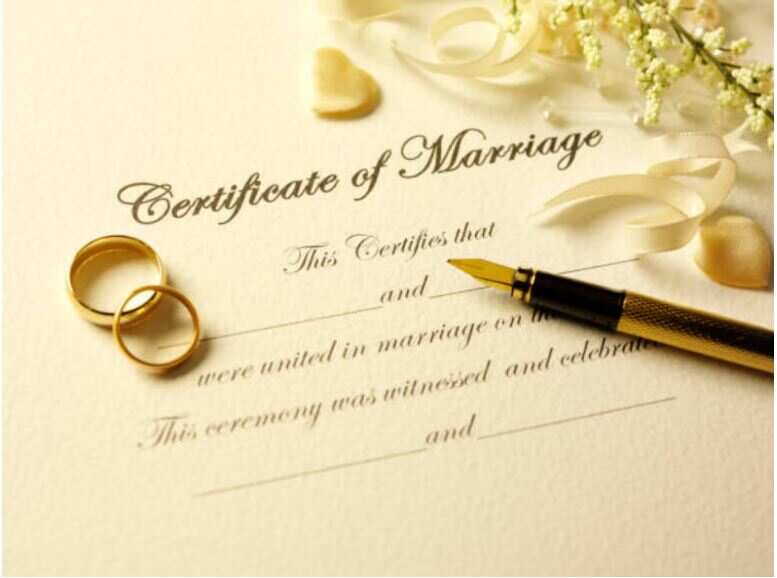Marriage is a significant turn of life, where two people promise to live with each other in front of family and society. In diverse country like India, the process of marriage of every religion and community varies. However, there is a document after marriage, which is equally necessary for all – marriage certificate.
The marriage certificate is not only a legal proof of the marital relationship of the husband and wife, but also in many legal, administrative and social work. However, there are some special circumstances when a marriage certificate is not issued despite being married. If you are also thinking of getting a marriage certificate, then it is very important for you to know these rules.
Importance of marriage and marriage certificate
Marriage in India is not only considered a social bond, but it also forms the basis of legal rights and duties. Getting a marriage certificate after marriage is beneficial in many cases, such as passport making, visa application, banking proceedings, insurance policy claims, and asserting authority in property etc. This document provides legal protection for especially married women.
In which circumstances the marriage certificate is not made?
Now let’s talk about those special circumstances in which marriage certificate is not made:
1. Marriage at illegal age
Legal age for marriage in India has been determined:
If the husband or wife’s age is less than this limit at the time of marriage, then this marriage is considered to be lawless. In such a situation, marriage cannot be registered and marriage certificate will not be issued. This rule is designed to prevent child marriage and protect the rights of children.
2. Marry out of residence
If a person marries in another state or region and does not register as per the rules there, he may have difficulty in getting a marriage certificate at his original residence. For example, if a resident of Delhi marries outside Delhi and does not register there, then his marriage certificate will not be made in Delhi.
These rules have been made to ensure the authenticity of marriage and the jurisdiction of the local authority.
3. Applying after five years
If the marriage certificate is not applied for five years after marriage, it will not be possible to get a certificate under the normal process. In such a situation special permission is required, and in many cases applications can also be rejected.
The government has made a rule to register within 30 days of marriage so that authentic documents can be prepared only in the freshness of marriage.
Conditions for making marriage certificate
It is mandatory to follow the following conditions when applying for marriage certificate:
Marriage should be concluded according to Indian tradition and laws.
Both sides should be married with mutual consent.
Both sides should follow other marriage restrictions (such as not already married, not having close blood relations, etc.).
The presence of two witnesses and their documents are also necessary at the time of marriage ceremony.
Application process and time limit
One should apply for marriage registration within 30 days of marriage.
If you are unable to apply within 30 days, then it can be applied for 5 years with late fees.
Special permission has to be obtained from the concerned Registrar to apply after five years.
conclusion
Getting a marriage certificate is a simple but important process, which should be completed in time. Applications may be rejected if the rules are not known and followed, causing many legal and personal problems in the future.
Therefore, if you are going to get married or have recently married, make sure that your age is within the scheduled limit, the process of marriage is duly completed, and timely apply for marriage certificate.
This will not only give legal recognition to your marriage, but will also facilitate you in many important tasks.
